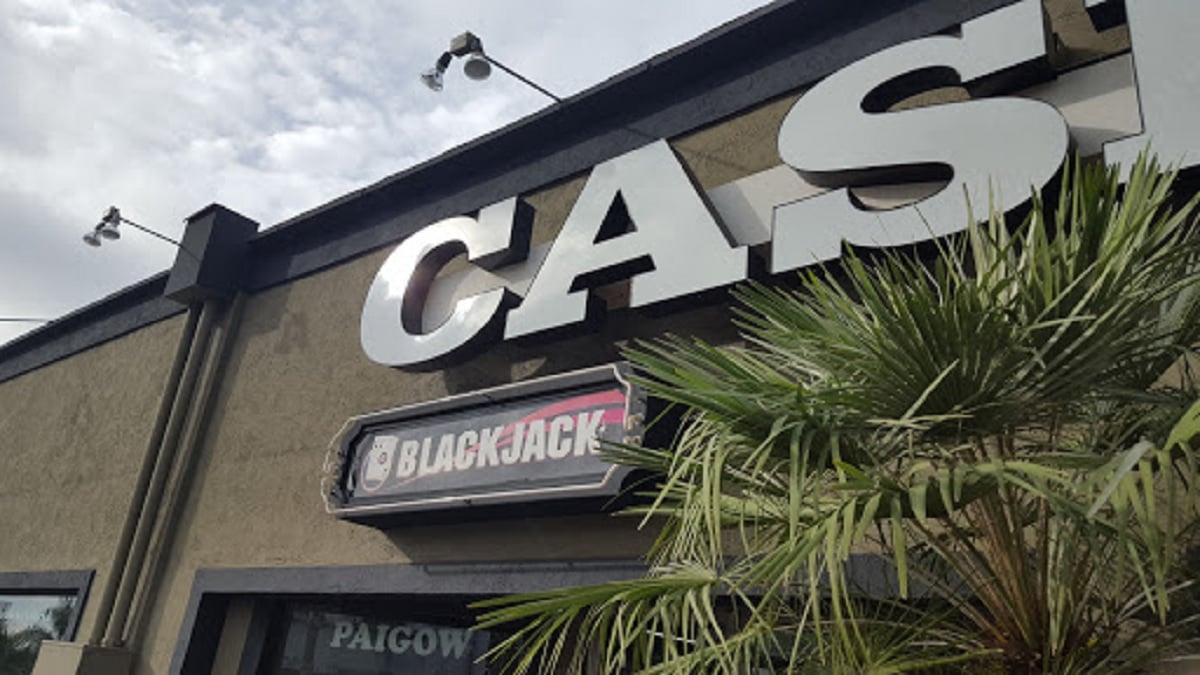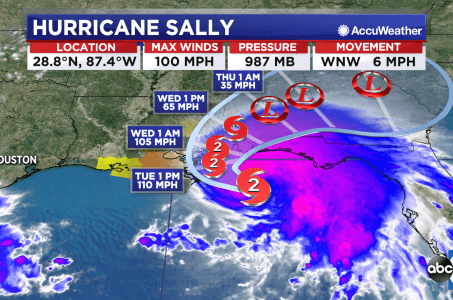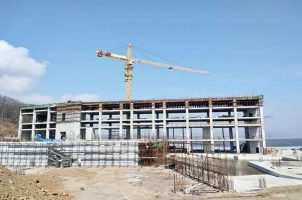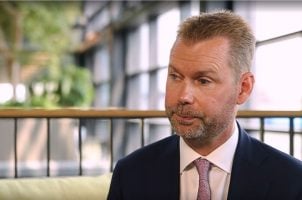Last San Diego Card Room, Lucky Lady, Folds Hand After More Than 40 Years
Posted on: June 21, 2021, 02:01h.
Last updated on: June 21, 2021, 04:53h.
San Diego’s Lucky Lady has closed permanently, marking the end of the city’s once-thriving card room industry.

The club’s octogenarian owner, Stanley Penn, quietly sold the club last month to the Family Health Centers of San Diego, The San Diego Union-Tribune reports.
It seems the pandemic and almost a year of forced closure was the catalyst for Penn to bag up his chips for the final time and head for the exit. He had run the 11-table operation on El Cajon Boulevard for more than 40 years.
There were once more than 100 card rooms in San Diego. The Union-Tribune’s Greg Moran fondly remembers joints like Alibi, Doc’s Lo-Ball Poker, and the House of Cards.
He laments that Lucky Lady was not only the last card room in the city — licensed and legal, at least — but that Penn was also one of the last of California’s “single guy card room owners.” His was a small business where one individual pretty much ran the whole show.
Elsewhere in the state, card rooms are now slick operations, run in emulation of Vegas-style casinos.
Luck Runs Out
Ultimately, San Diego’s card rooms were squeezed out of existence by a local ordinance enacted in 1983 that banned the sale, lease, or transfer of any existing license.
This was to “eliminate the deleterious effects that such establishments have on the safety, welfare, and morals of the City,” according to the language of the law. But it meant when licensees retired, their businesses went with them.
Then the death knell sounded in 1996, when California put a moratorium on issuing any new card room licenses to cap the size of the statewide industry.
Trouble With the Law
The Lucky Lady’s last competitor in the city was the Palomar. But its owners agreed to lose their license and sell up in 2015 after they were charged by the federal government with laundering money for an international illegal sports betting ring.
Penn had his own brush with the law. In 2016, he was one of 14 people indicted by the FBI following an investigation into illegal bookmaking at the Lucky Lady.
Eventually, the main bookie, Sanders Bruce Segal, was sentenced to 37 months in prison, while Penn received a year’s probation and was permitted to keep his license.
Law Could Change
That license is now officially retired along with its owner, and there is currently no way to get another within the San Diego city limits. But that could change.
City Councilmember Sean Elo-Rivera, whose district includes the site of the Lucky Lady, told the Union-Tribune he believes San Diego’s quirky licensing laws could be doing more harm than good by encouraging the proliferation of illegal gambling venues.
Elo-Rivera said he’s willing to revisit the ordinance, which just might lead to a revival of card rooms in San Diego.
Related News Articles
NagaCorp No Longer Interested in Russian Integrated Resort
Most Popular
VEGAS MYTHS BUSTED: Golden Gate is the Oldest Casino in Vegas
Las Vegas Overstated F1 Race’s Vegas Impact — Report
Most Commented
-
End of the Line for Las Vegas Monorail
— April 5, 2024 — 90 Comments -
Mega Millions Reportedly Mulling Substantial Ticket Price Increase
— April 16, 2024 — 6 Comments -
Long Island Casino Opponents Love New York Licensing Delays
— March 27, 2024 — 5 Comments
















No comments yet